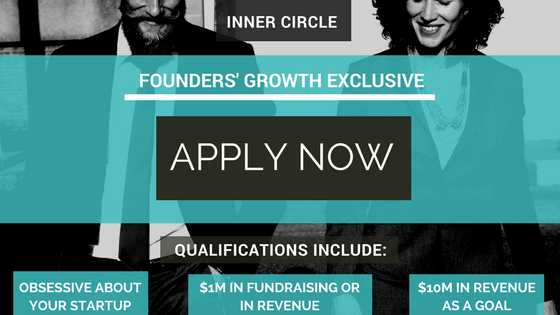Book Review
Entreleadership by Dave Ramsey
Part 1
“Those who never make mistakes work for those of us who do.”
–Henry Ford

From the onset, Dave Ramsey provides you with all the tools you need to succeed in business as an “entreleader.” What exactly is an entreleader? It is someone who possesses the traits of a leader such as integrity, the ability to delegate, make informed decisions, is a good listener, and who can be decisive, influential and disciplined while an entrepreneur is a risk-taker, a visionary, driven, an out-of-the-box thinker, a maverick with a pioneering spirit. This may sound like a powerful combination, but Ramsey says you seldom use all of this power. He claims that if you want employees then boss them around, if you want team members than you have to explain to them why you do what you do. The real power comes from making others feel powerful. Ramsey puts abundant focus on mission statements and how vital they are to your plans. They should include skills and abilities necessary for your company, personality traits, and company values, dreams and passions.
Ramsey also provides dynamic directions for setting goals as well as long-term specific goals. For example, if you plan to generate $400,000 this year, you have set a goal. He makes it very clear that winning is hard work and there are no substitutes.
Make sure that your team has a MBO plan, otherwise known as Management by Objectives. This requires teams to set their own goals as a part of the overall company objective. In this way, employees themselves are involved with the goal setting and choosing the course of action to be followed by them, they are more likely to fulfill their responsibilities to the organization because they are working for the big picture and not just themselves.
Consequently, a great team requires an equally great leader who is confident making decisions in every aspect of the business. There can be many causes for indecisiveness such as from fear, criticism, or a lack of firmness of character or purpose. Roman Emperor Titus claimed, “We fear things in proportion to our ignorance of them.” Ramsey adds that in business, we must always plan for the worst-case scenario in order to inhibit fear. In order to make good decisions, we must also study the information and never make decisions without the research.
My favorite part of Ramsey’s book was reading about the momentum theory, which translates to focused intensity over time multiplied by God equals unstoppable momentum! He recommends that we eliminate fear in business because it will ultimately lead us to lose our focus versus concentrating on success. Have a solid foundation and a vision in place and intensity should be focused only on your purpose. To help you with this, Ramsey introduces a product life cycle that consists of four critical stages to grow your business, which he defines as the following:
1. Introduction Stage (high cost of goods, low profits and low revenues)
2. Growth Stage (sales begin to grow)
3. Maturity Stage (low costs and high sales, most profitable stage)
4. Declining Stage (morality of product and it is time to reinvent)
One of Ramsey’s more remarkable statements concludes that business becomes too hard if we only work for the money. Passion triumphs business and there is no business without it.
Ramsey’s theory for on-boarding new employees is to create a KRA (Key Results Area) for each new team member. “This document includes the primary job responsibilities of the role being filled.” Expectations and milestones are set, reviewed and signed by both the new employee and the hiring manager. The KRA is then used as a measurement to ensure that you are making great hires. At the end of the day, treat your team like family, walk the talk, so they feel like a viable part of the team and they will reciprocate with the same respect.
